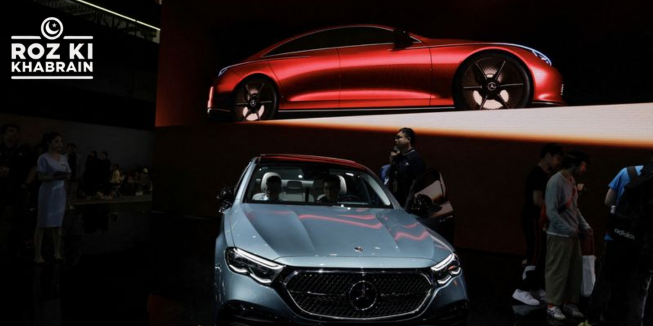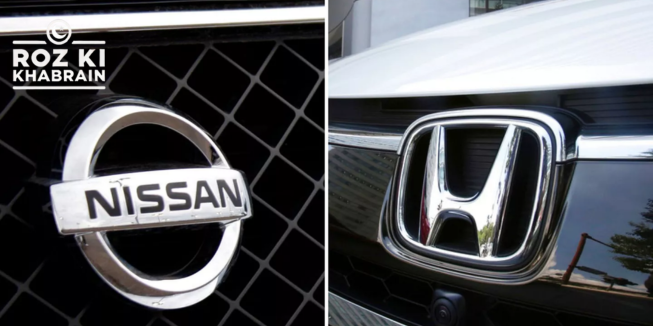Mercedes plans to incorporate Momenta software into four of its models, marking the first time the Chinese autonomous-driving developer has been chosen as a primary supplier of key technology for the German automaker. This decision comes as intense competition and rapid technological advancements in China compel Western automakers to reevaluate their supply chain strategies.
While Mercedes has been invested in Momenta since 2017, the two companies have not yet publicly disclosed any jointly developed products. Over the years, Momenta has become one of China’s leading suppliers of advanced driving assistance systems (ADAS), offering features similar to Tesla’s full self-driving capabilities, which can navigate urban traffic under human supervision.
Mercedes is set to make a fresh $75-million investment in Momenta and may increase its stake as a cornerstone investor in Momenta’s upcoming initial public offering, expected in the first quarter of 2025. The automaker has selected Momenta to supply ADAS for four models launching in China between 2025 and 2027. It is also considering extending the use of Momenta’s software to additional models in China beyond 2027, with preliminary discussions underway to explore incorporating Momenta’s technology into Mercedes vehicles outside of China.
Both Mercedes and Momenta declined to comment on the matter.
In addition to its partnership with Momenta, Mercedes has been exploring ADAS solutions with U.S.-based Nvidia, following a 2020 agreement to develop vehicles with upgradable automated-driving features. However, no products have been announced from that collaboration yet.
Struggling in China
Mercedes is playing catch-up in China in the electric vehicle (EV) and smart-driving technology race, where Tesla, Nio, and Xiaomi are leading the charge. This year, only 3% of the 443,764 Mercedes vehicles sold in China were EVs, a far smaller percentage compared to Nio’s sales. In the autonomous-driving competition, Chinese automakers like BYD, Nio, Xpeng, and Xiaomi are rapidly developing their own ADAS chips, aiming to improve smart-driving performance for their EVs.




